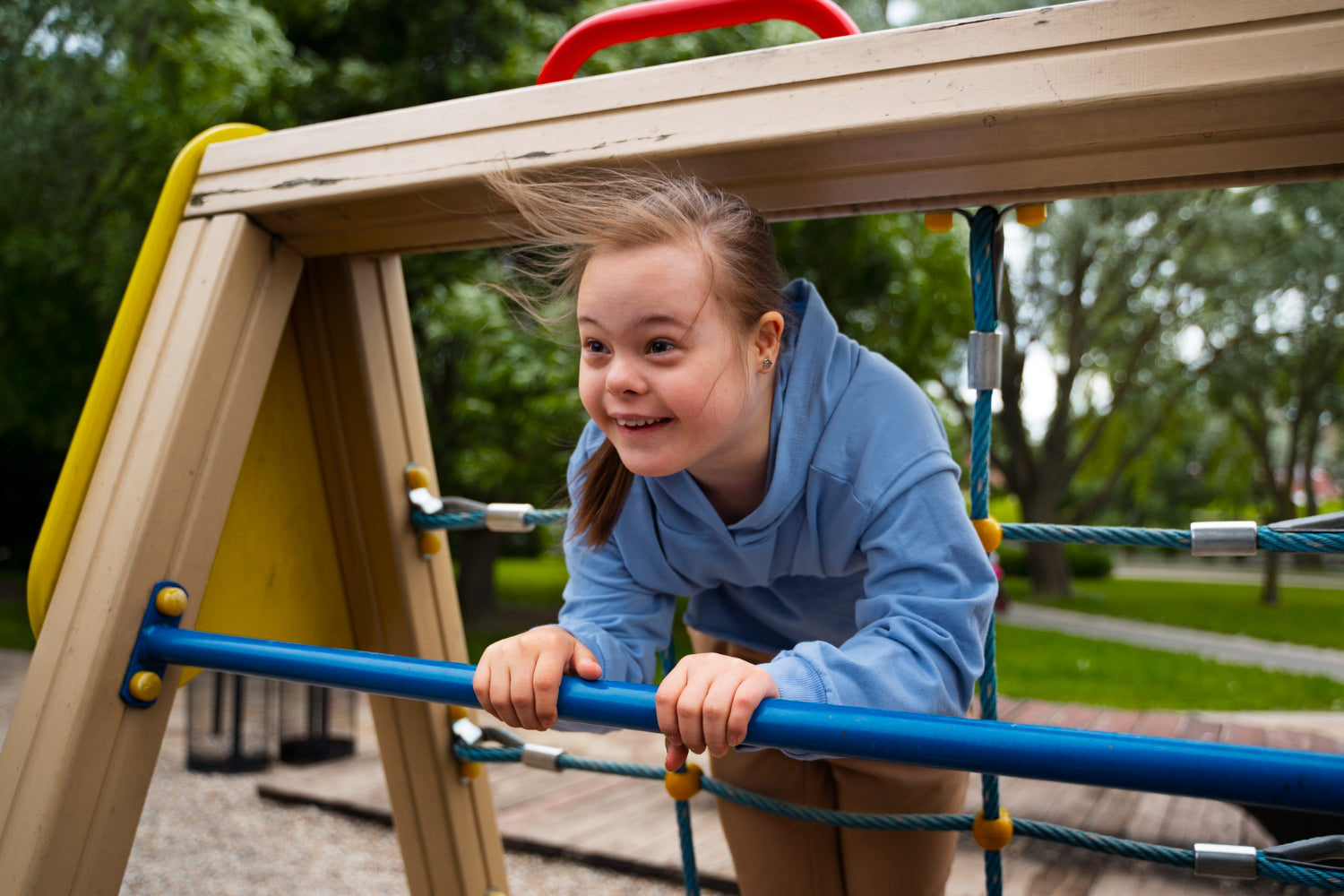Play based learning is an important teaching approach for students with special needs as it helps them develop a variety of skills needed to reach their full potential. Here are 10 of the many benefits that play based learning can provide:
-
Improved motor skills. Play based learning helps children practice and refine physical activities, such as grasping objects, controlling their muscles, and developing coordinated movements (Linder, 2015).
-
Enhanced creativity and problem-solving abilities. Through creative play, children are able to explore their surroundings and learn how to think outside the box. This helps them hone their problem-solving skills and better understand cause and effect relationships (Oakes & Sheldon-Watson, 2018).
-
Improved communication skills. Playing with others encourages dialogue between children, providing an opportunity for children to practice socialization techniques while also working on language development (Krishnan & Ramanathan, 2019).
-
Increased self-confidence. By providing a safe space to explore new tasks and ideas at their own pace, students can build up their confidence in themselves as they succeed in mastering certain challenges (Munir et al., 2017).
-
Increased focus and attention span. Through play based activities such as games or puzzles, children can learn how to stay on topic for longer periods of time which teaches them important concentration skills (Reyes et al., 2019).
-
Higher executive function capabilities. Play helps young minds develop important executive functioning skills like impulse control and self-regulation (Saxena & Balaji, 2014).
-
Greater social interaction opportunities. Through cooperative games or team sports, students engage in meaningful conversations with other peers while learning how to work together towards a common goal (Isberg et al., 2016).
-
Improved emotional regulation skills. Playing allows students to express emotions in a healthy way while being supported by teachers or peers who show empathy when needed (Sandoval et al., 2016).
-
Better academic performance in school later on in life: Studies have shown that preschoolers who participated in more structured play activities achieved higher scores on reading tests by the end of elementary school than those who did not participate in organized play activities during preschool years (Gottfried et al., 2003) — showing just how important these seemingly “simple” activities can be!
-
Reduced stress levels: Play has been found to be an effective way for children with special needs to cope with stressful situations by allowing them to take a break from demanding academic exercises but still keep their minds engaged through fun activities (Govaerts et al., 2014).
As you can see, there are countless benefits for using play based learning when teaching students with special needs – showing us why it should remain a core part of any educational program!
#playbasedlearning #specialeducationneeds
Sources
Gottfried, A., Fleming J., Diehl D., Early E., Norton G., O'Brien K., & Newcomb R.(2003). Association between childcare attendance and academic achievement during elementary school years .Child Development 74(3), 845–859
Govaerts GJFJG Vos WLSSC de Becker AJT Sander MB van der Heijden PKJM van Berckelaer‐Onnes IA(2014) Music therapy reduces stress reactions among adults with intellectual disabilities; clinical trial results .Research In Developmental Disabilities 35(11):3319–3326
Isberg R Henry LA & Sugai G.(2016) Effects of cooperative game playing on student social behavior .Education And Treatment Of Children 39(3):449–463
Krishnan PR & Ramanathan S.(2019) The effectiveness of activating strategies during direct instruction lesson delivery at promoting expressive reading among fifth grade students with specific language impairment .Brain And Language 187:104467
Linder DA.(2015) Effectiveness of Theraplay intervention protocol among three preschool aged boys presenting autism spectrum disorder symptoms .Psychology 5(12):1639–1645
Munir F Houghton S Naeem F & Riaz T.(2017) Self-esteem mediates the relationship between early childhood experiences at home and school and prosocial behavior among Pakistani adolescents .Early Childhood Research Quarterly 37:79–87
Oakes KM Sheldon‐Watson T Lipps B Flick M Bhutta MF Biswas I Clark EA Bramlett KE Valdez C Wartella E & Morrow LM.(2018) Using design‐based research methods to develop an iPad app intervention targeting early numeracy .Educational Technology Research And Development 66(6):1497–1522
Reyes M Herrera MA Murillo S Montes GM Díaz D de la Barrera V & Langer PS.(2019) Predictors of



